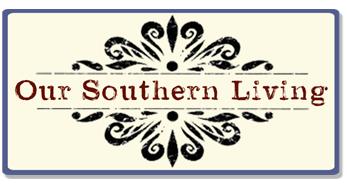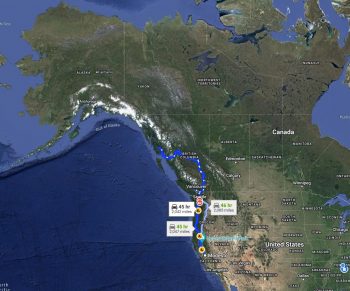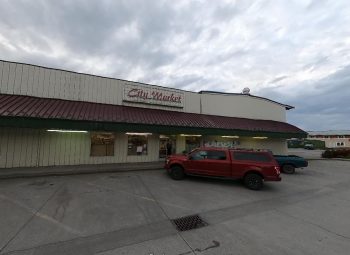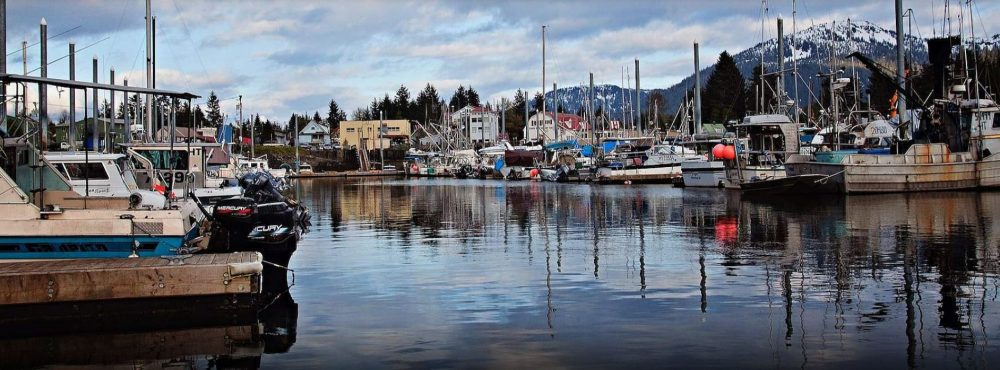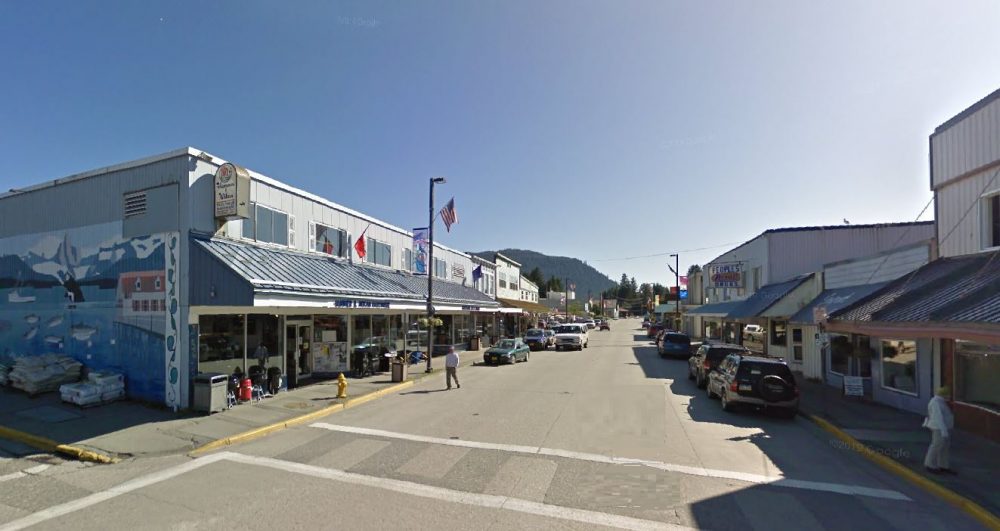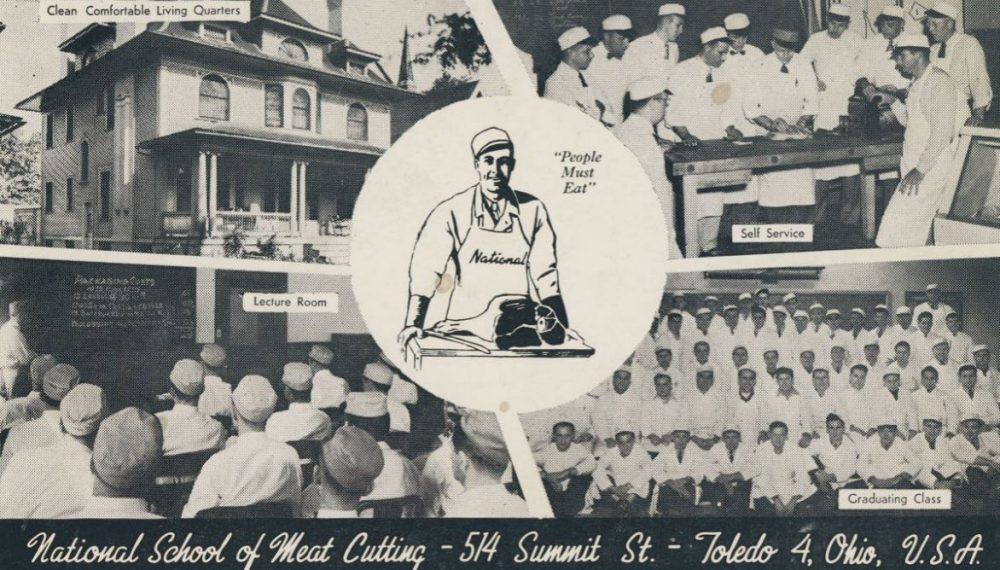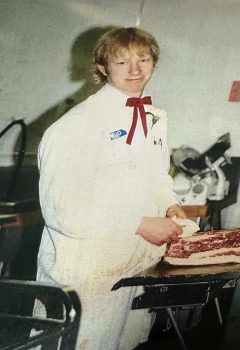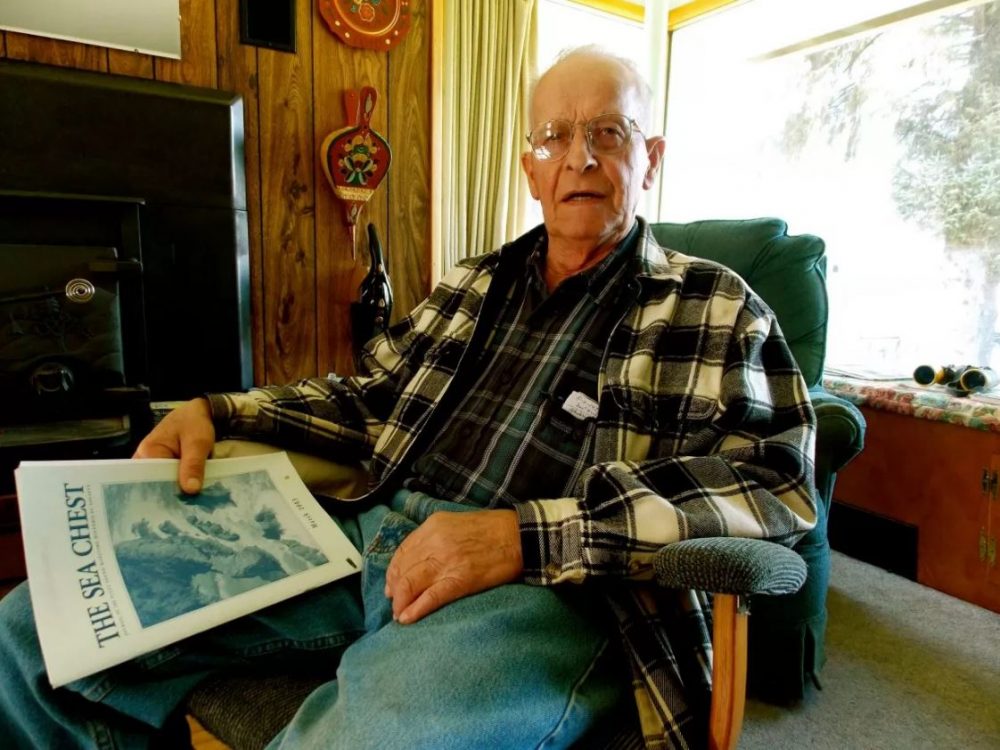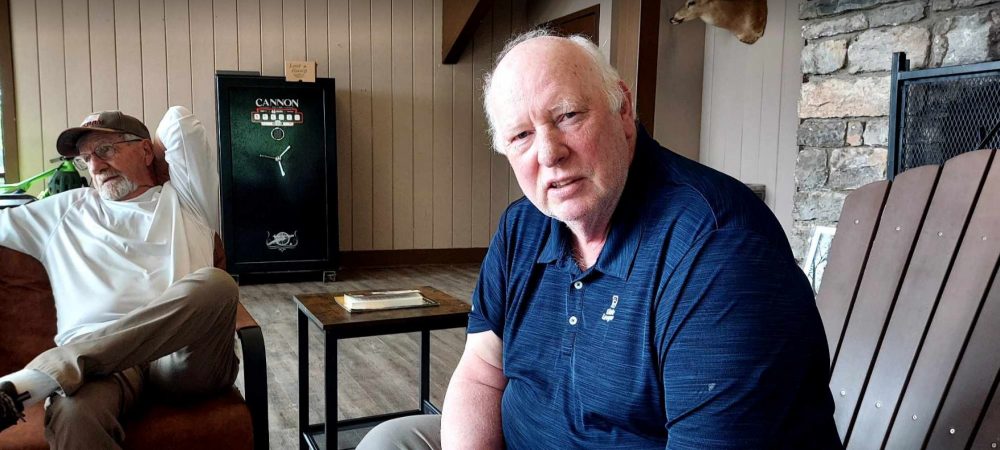Duane Bell was thirteen years old when his dad decided to leave his wife and five kids to fend for themselves in Modesto, California. The mother took a job waitressing while Duane’s uncle, Bill Bell, went about finding his older brother’s whereabouts.
Eventually, Bill discovered that his brother Gilbert had moved to the southeastern tip of Alaska, to the commercial fishing community of Wrangell. So, in the summer of 1972, Bill (then 36 years old) drove his 1936 Dodge coupe from Modesto up to Wrangell, a distance of more than 2,000 miles over occasionally unfriendly terrain. This was a journey which took him three days of hard driving in that old Dodge before he reached a ferry boat in Canada which then required two days on the water before arriving at his destination.
There, he found Gilbert working his former trade as a butcher at the City Market. After a few days of trying to convince his brother to return home, Bill gave up on his mission and departed Gilbert’s small rented house for the long, arduous trip back to Modesto.
Several days later, back in California, Bill told the family the sad news and, upon hearing this, Duane said he wanted to see his dad.
So, word was sent to Gilbert and, most surprisingly, he bought an airline ticket for his son.
Therefore, on July 1, 1972, Duane flew by jet from California to Ketchikan, Alaska, where he caught a PBR float plane to Wrangell Airport.
Landing on water was a pretty exciting experience for the boy as he saw for the first time his new home, a town of about 2,400 people.
Upon entering the airport, Duane was greeted by his dad who, after very brief salutations, explained he needed to get back to the market; however, he introduced three boys he had in tow and said that Duane should hang out with these fellows until he could end his day’s work.
The boys were around Duane’s age or a little older and one had a truck, so they proceeded to drive him down Zimovia Highway, the peninsula’s main road, showing him the harbor and other sights. Also, since the drinking age in Alaska was nineteen, they had a good supply of beer which they liberally imbibed as they conducted their tour.
Consequently, Duane’s welcome to Alaska included the teenage driver rolling his truck. Fortunately, no one was seriously injured.
Right away, Duane began work at City Market, mostly as a meat wrapper assisting his dad. Additionally, when he was not working, he loved to duck hunt and fish for salmon and trout. He really grew to love the outdoor culture of Alaska.
Unfortunately, after three years of living with his dad in the rented house, Gilbert announced one day that he was moving back to Modesto. He actually was homesick for his seven siblings, if not his wife and family.
Duane looked at his dad dumbfounded, then told him, “I’m not going. I really like it here.”
So, Gilbert said, “Okay. Stay,” and the father proceeded to pack his bags and vamoose.
Accordingly, sixteen-year-old Duane continued to work at the City Market while paying rent and buying groceries. Yet, after a year of this, he became homesick for his own family and decided to quit his job and head back to California.
He already had turned in his notice, when the owner of the market, Rolland Curtis, told him that a “Mr. Art Hammer” had called looking for a meat cutter for his store Hammer & Wikan in Petersburg, about an hour north of Wrangell up Frederick Sound. Mr. Curtis added, “Mr. Hammer has offered to fly you to Petersburg and will even give you a place to stay.”
This piqued Duane’s interest, so he decided on February 7, 1977, to fly to Petersburg, “Little Norway,” a commercial fishing town of about 3,000 people:
“Though thoroughly Alaskan, the town exudes a Scandinavian sensibility of neatness and functionality. Storefronts and sidewalks are decorated with rosemaling and you don’t see much junk or run-down buildings found elsewhere on the Last Frontier. Even the sagging and aging boathouses of Hammer Slough are well kept.”
In 1977, Art Hammer was 55 years-old, a World War II veteran of the “10th Emergency Rescue Boat Squadron, also known as ‘the crash boats,’ and the Air Sea Rescue with the 11th Air Force.” A slightly-built fellow (5’4” and 135 pounds), he was a friendly yet firm man. He happily welcomed Duane into his household, which included a wife, two sons, and a daughter, yet he laid out expectations for Duane at home and at work which regularly were evaluated.
At the time of Duane’s arrival, Hammer & Wikan was a 56 year-old business established by Art’s dad, John Hammer with fellow Norwegian immigrant, Andrew Wikan. The sign on the store read, Hammer & Wikan Hardware but they also served as the main grocery in the community.
Art was a highly respected businessman and revered for carrying on his accounting books many fishermen through the hard weather times when their work was slow or even impossible.
Duane enjoyed living with the Hammers and came to count Art as a surrogate father, particularly because Art liked fishing also and would bring the young man along for excursions on the Sound in his 34-foot houseboat. Yet, after two years working as a meat cutter, Duane began to feel he was “over his head.” He suspected that he was falling short of his customers’ expectations and he was frustrated.
Regretfully, he went to Art to voice his feelings and to offer his resignation. In the conversation, he added that it had been a long time since he had seen his family and he probably should return to Modesto.
Art counseled that they should both give thought to the situation and, after a day or so, Art showed Duane an ad for the National School of Meat Cutting in Toledo, Ohio.
Art said, “I’ll be glad to pay your tuition, room and board for this, if you want to do it. I’ll even pay for an extra plane ticket where you can visit your family in California, but if I do all this, you have to promise me one thing…”
He looked at Duane with dead sincerity. “…you owe me one year at the store.”
Duane looked at the older man, thoughtfully considering his generous offer, then he extended his hand for a handshake. “That sounds fair to me,” said Duane.
Returning to Modesto after six years absence, Duane had a great reunion with his mother and his siblings before proceeding to Toledo for his course of study. To this day, the brothers and sisters remain close.
Happily, Duane excelled in his training and discovered a new love for his work as he became much more professional at his job.
On the completion of his course, Duane rejoined Hammer & Wikan where he honored his promise to give Art Hammer “one year,” while adding 47 more years in service to the company.
Unlike Gilbert Bell, Duane became a devoted family man. He got married, had six children, and became very active in his community. For 30 years, he has served as the Southeast District Alaska Little League Administrator, and for the last four years he has been Administrator for Petersburg Lodge No 1092, Loyal Order of the Moose. During his tenure, membership has doubled in size to 600 members.
In 2023, Art Hammer died at age 101, while Hammer & Wikan continues into its 103rd year as a company.

